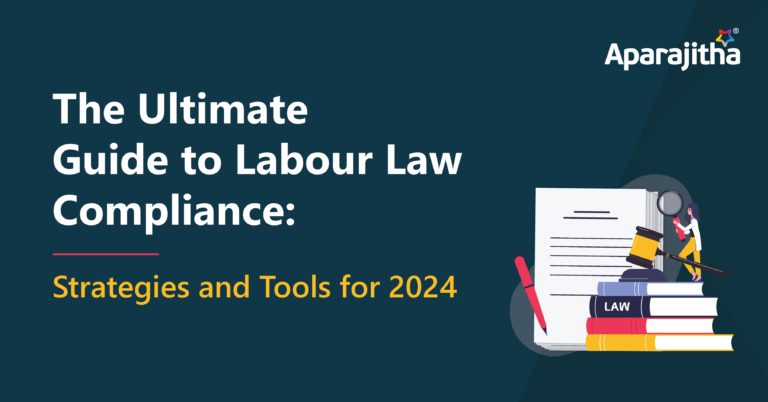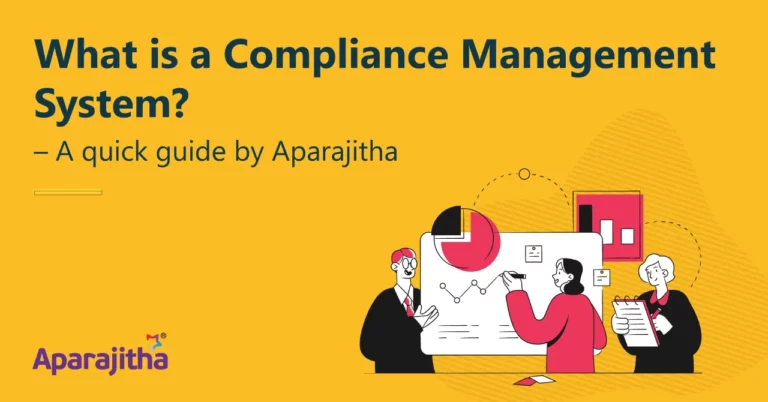The economic times ahead do not look promising. Experts are predicting a downturn in financial markets. So, it does look like handling 2019 needs much preparation. If you are in charge of a workforce, how prepared are you in paying them (payroll)? That’s the short question. The long version requires a lot of thought.
Read on to figure out what to expect, what to do and what not to do!
Most companies resort to either retrenchment or reduction in salaries during a crash or recession. Managing payroll compliance for an employee base is a huge and daunting task in lean times. While retrenchment and reduction in salaries is a basic practice, it needs a very strategic plan to effect the changes. It is very sensitive and a wrong call can cost you much. The basic idea is to cut wherever you can and how much ever you can to make ends meet. You should stick to the payable ESI and PF, without disruptions. If you move your coins right, you will get out of the depression with minimal damages. The idea is to save jobs! A failed management scheme in this turn of events can make things go haywire and people might lose their jobs and livelihoods.
So, how do you cut corners? This is a checklist that can help you revise salaries in order to save and make the most of what you have, in lean times.
Appointment Contract
The appointment contract is set on stone. This is an official document that is signed by you and the employee during the time of induction. You cannot change the terms of that document without explicit approval from the employee. So, you cannot decrease the salary of the employee without due process. It is a unilateral process and involves an explicit, written and signed acceptance from the employee stating the same. You don’t deal with just one employee at a time. The employee union has a say in these matters. So, a dialogue is important here before you decide on anything.
Notice
If you are making changes in something as important as salary revision, you should ensure that the notice is shared 21 days prior. The Industrial Disputes Act 9(A) comes into the picture here. If you want to avoid a mess on these grounds, read the Act thoroughly with legal counsel and then go ahead with your plans.
Minimum wages
Labour laws state that you have to pay minimum wages to your employees. There are state laws that govern minimum wages for employees. The Basic component of an employee’s salary and the Dearness Allowance must be equal to or more than the minimum wage mandated by the state. So, when you revise salaries, you have to ensure that you match or exceed the minimum wage requirements of the state and the country.
Payroll management
The general thumb rule followed by most employers is to pay a salary that comprises 30-50 per cent of the gross salary. As much as possible, try not to reduce the basic salary. It is not an acceptable practice and would greatly harm your reputation as an n employer if you go back on your contractual promise and deduct from the basic component. So, how do you affect a revision? The provident fund (PF) component is based on basic salary as per payroll compliance. So, PF and basic are untouched. All other components are available for revision.
Register the revised contract
If you are revising the document on employment contracts and compensation, you need to register the revised contract. The finalised contract needs the approval of the ALC or the Labour Officer as a conciliator for this agreement. Registration is dealt with as settlement.







